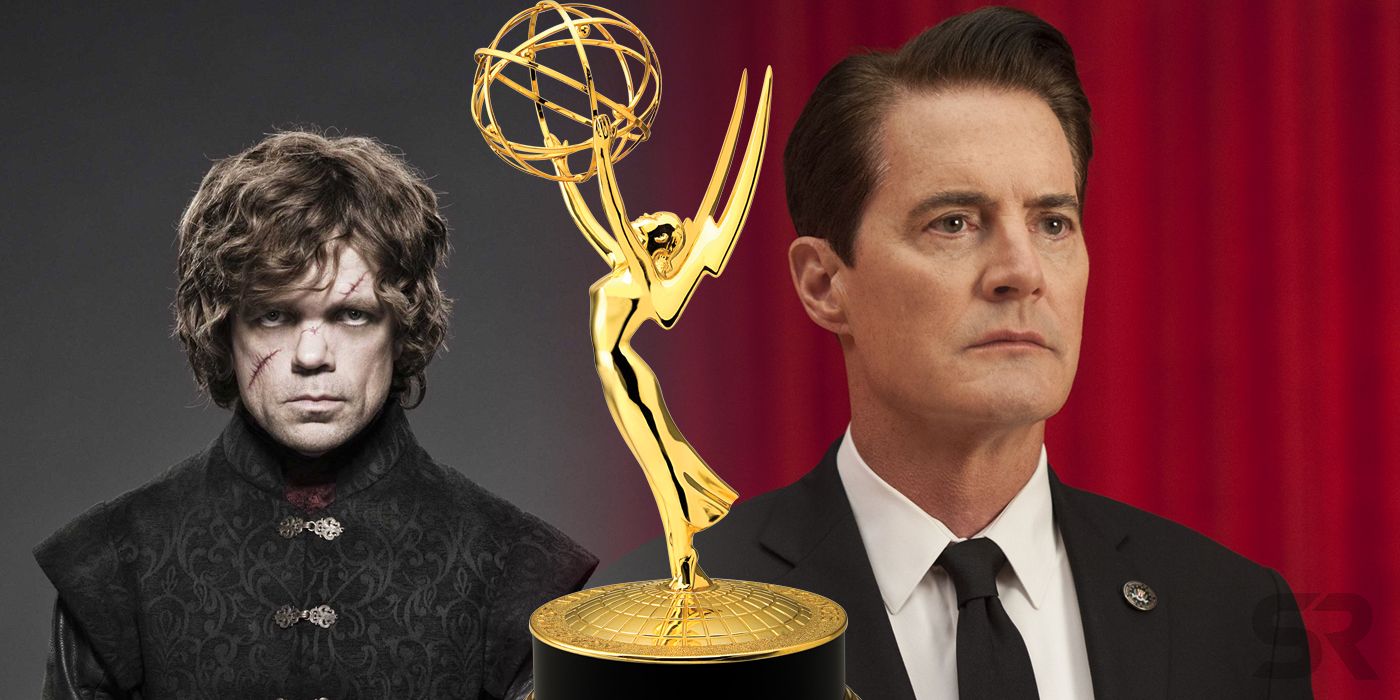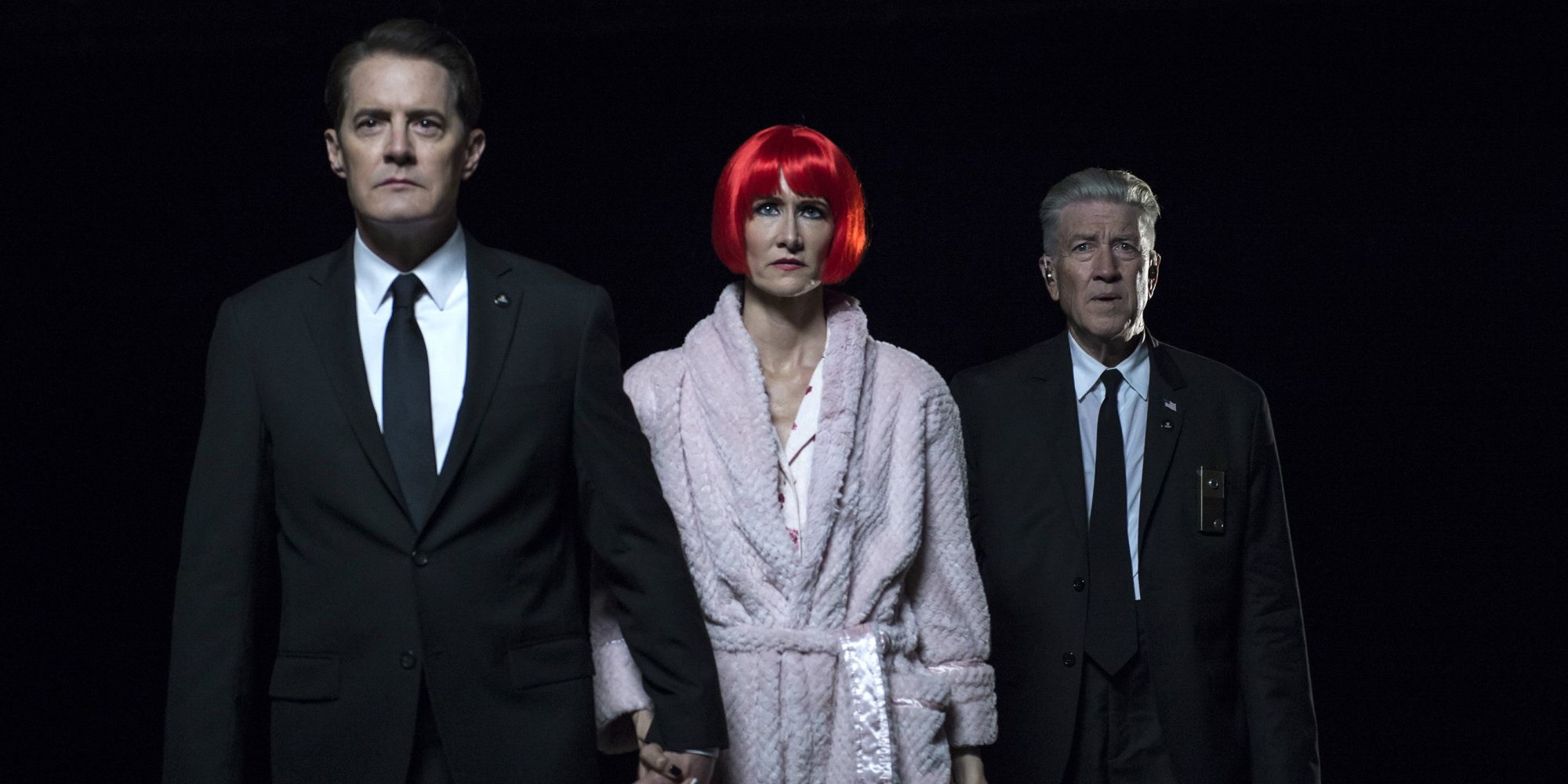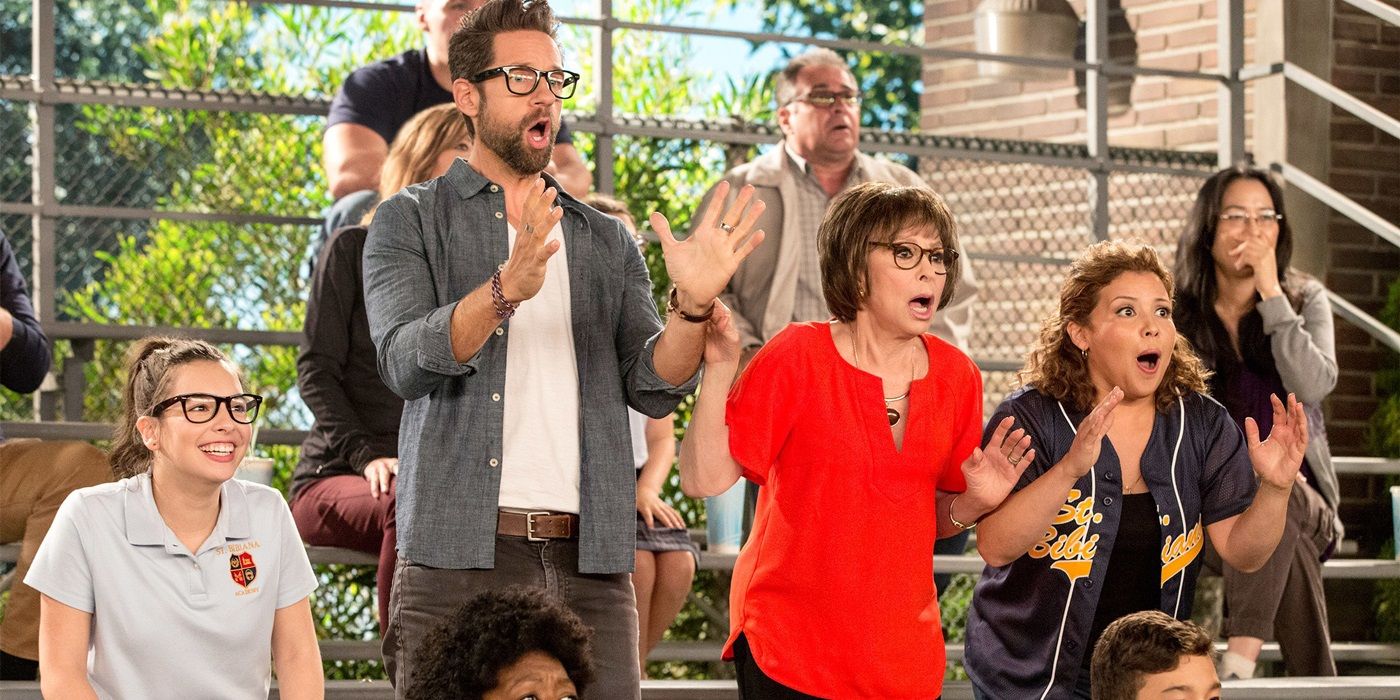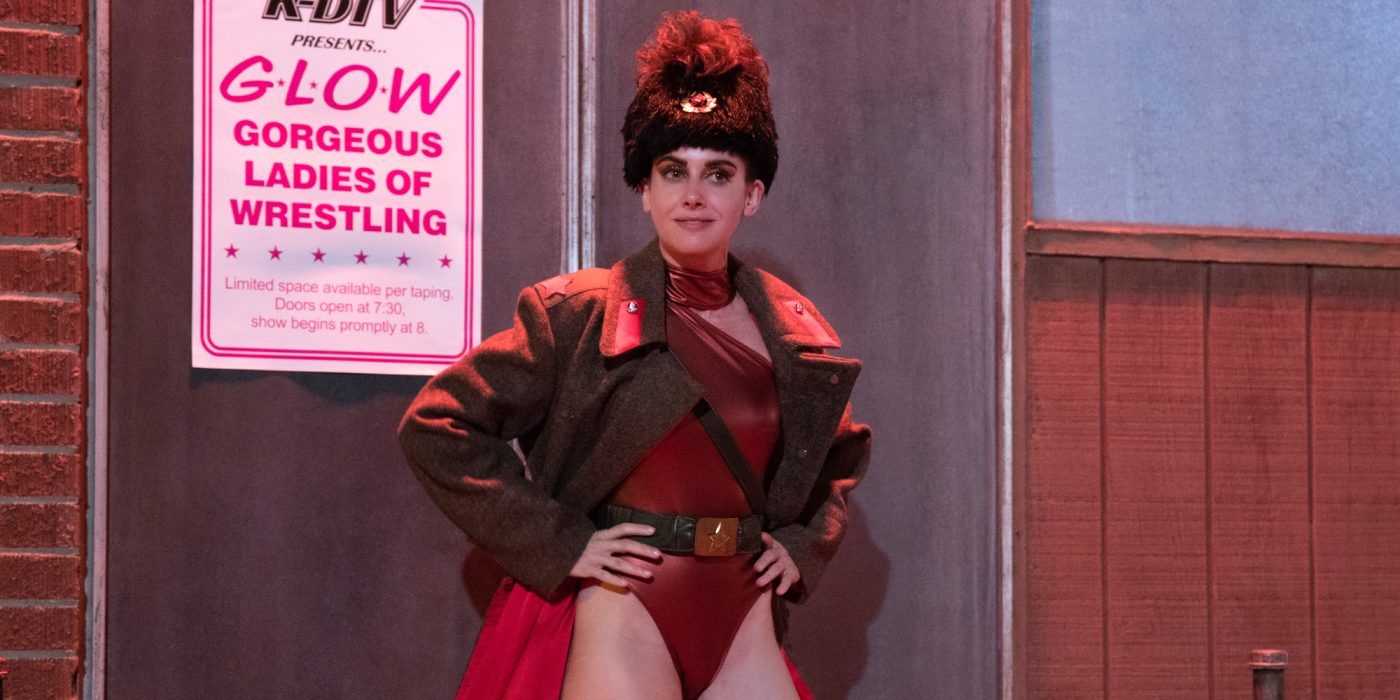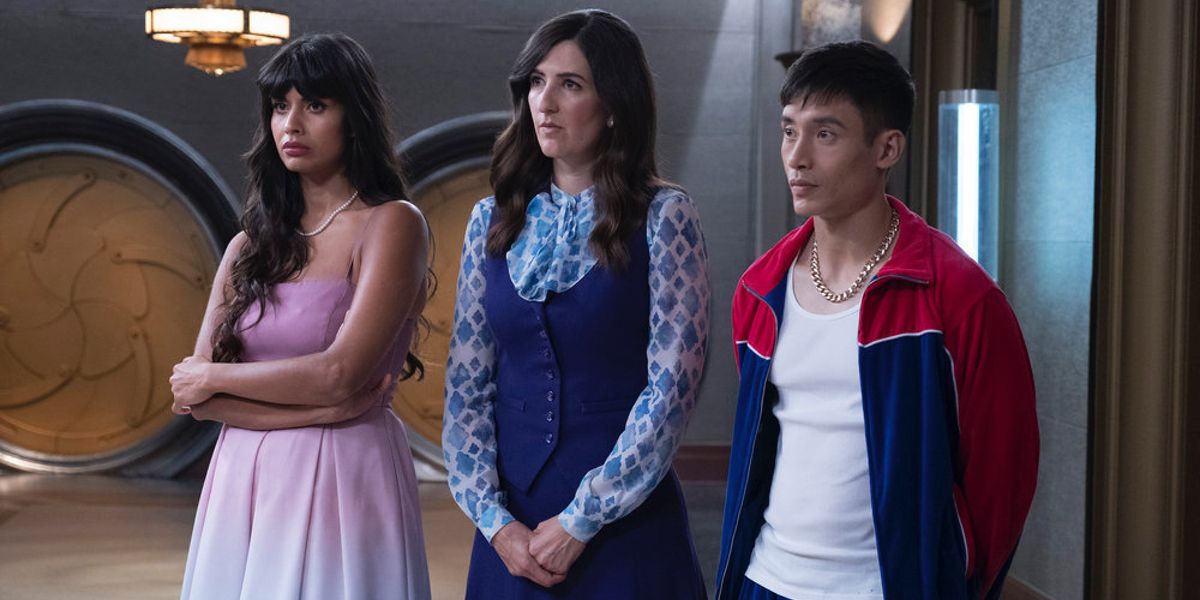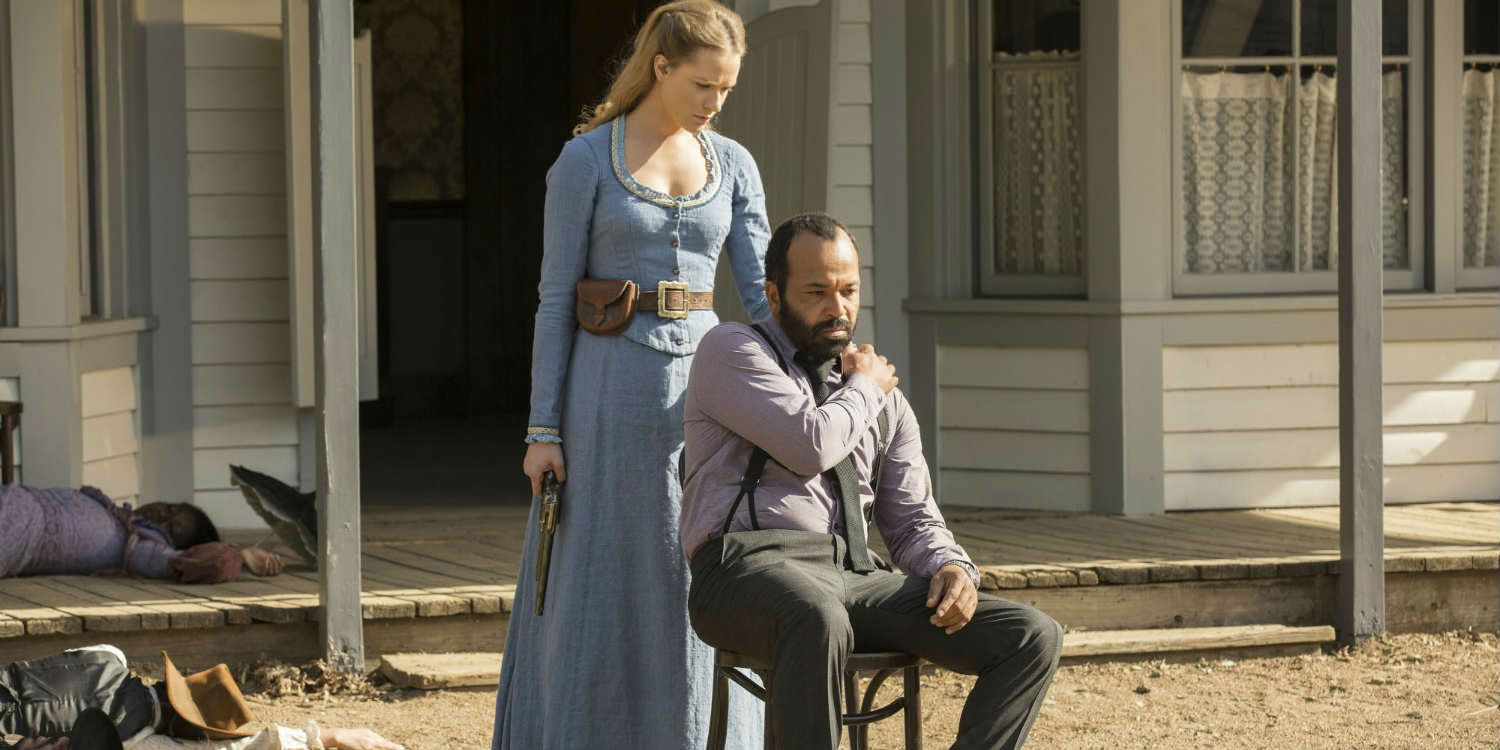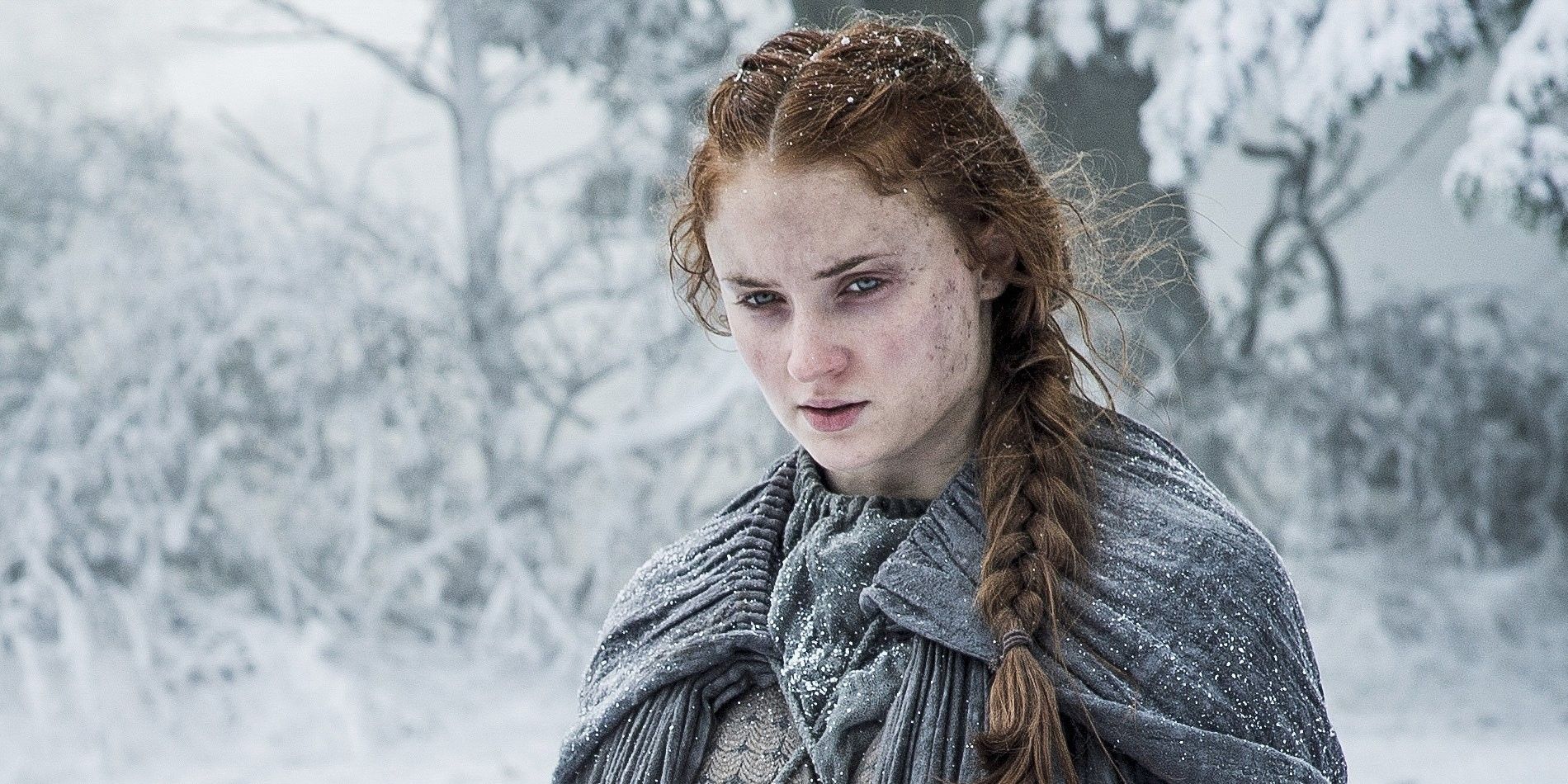The 2018 Emmy nominations have been announced, and while there's definitely deserving hopefuls, some big names, from Twin Peaks to One Day at a Time, were left off the table. In a context where there’s more television than ever and audiences’ attentions are consistently fractured, the attention major awards can bring to a series is more important than ever. An ever-expanding array of platforms campaign extensively for the chance of a nomination, but they face tough competition as well as the Emmy voters themselves, who remain torn between staunch traditionalism and cutting-edge evolution of the medium.
Overall, this year’s Emmy nominations show the best and worst of the Emmys: While there are a few surprises, including love for HBO’s Barry and Netflix’s GLOW, much of the big players are typical of their previous year’s choices. This Is Us, Westworld and Game of Thrones remain dominant forces in the major categories despite weaker seasons. A slew of acting nominations for the latter two series feels especially questionable, leading some to assume that the voters are just choosing names they’re familiar with.
RELATED: Westworld's Hatred Of Reddit Broke Season 2
As is often the case with awards, more can be learned from what was snubbed than what was rewarded. These choices are seldom made on merit alone, and happen thanks to a savvy combination of campaigning, audience popularity and well-spent publicity dollars. With the Emmys in particular, once you make it into the list of nominees, certain shows can rest easy for the next several years and coast of goodwill. With all of that in mind, we take a look at the biggest snubs and some of the more perplexing nominations.
- This Page: The Biggest Emmy 2018 Snubs
- Page 2: Game of Thrones and Westworld Were Over-Nominated
The Twin Peaks Snubs are Shocking
Twin Peaks: The Return wasn’t just good television: it was a game-changer for the medium. David Lynch’s revival of the iconic mystery drama subverted all expectations by eschewing nostalgic pandering in favor of languid storytelling dripping in ambiguity and experiments with form. How many other series on TV featured a talking kettle that was once David Bowie, a head crushing woodsman played by an Abraham Lincoln impersonator, and an extended musical performance by Nine Inch Nails?
Lynch received a much-deserved nomination for his directing, but the show’s omission from the Best Limited Series category is baffling. Perhaps it was just too long between screening and nominations for voters to remember its majesty, or maybe it was simply too weird for them. It’s not hard to see why something like Kyle MacLachlan’s layered, detailed and utterly committed performance (or should that be performances?) as Agent Dale Cooper/Dougie Jones would be hard to view in terms of excellence. It’s not typical awards-friendly acting, but it shouldn’t have to be to get recognized. Naomi Watts’ scene-stealing work as Janey-E Jones was also snubbed, and while Emmys favorite Laura Dern was nominated, it was for The Tale and not her turn as Diane.
No show of the past twelve months did more with the medium than Twin Peaks. It refused to be easily categorized and remained utterly unconcerned with minor things like answering audiences’ questions. That doesn’t make for great Emmy tapes but that’s no excuse for its absence in the major categories.
RELATED: Twin Peaks' Season 3 Ending Explained
No Love For One Day at a Time
In a short amount of time, Netflix has become a major power player with the Emmys. This year, alongside the prestige kings at HBO, Netflix garnered the most nominations thanks to wildly popular and critically acclaimed shows like The Crown and Stranger Things. The streaming service has billions of dollars to spend not only on content but expansive ad campaigns that ensure everyone is aware of their shows.
Still, it’s sad that their beautiful sitcom One Day at a Time was so thoroughly ignored by the Emmys. The reboot of the classic Norman Lear comedy changed up the formula by having the single mother family be Cuban-Americans living in Florida and dealing frankly with an assortment of difficult issues, from alcoholism and depression to sexuality and racism. While talk of the death of the multi-cam sitcom continues, One Day at a Time consistently proved that ethos wrong, adding layers of deft characterization to a tried-and-true formula.
There was no performance in comedy that felt so joyous and raw as Justina Machado’s turn as the matriarch of the family, a single mother with a vibrant approach on life who struggles to keep her head above water thanks to mental illness and an injury sustained while serving in the Army. The final two episodes of Season 2 were tearjerkers of the highest order and Machado’s heart-wrenching performance made for must-see TV.
Nothing for Alison Brie
Few actresses working in television today have had the tenacity or skill of Alison Brie. She has two bona fide masterpieces under her belt – Mad Men and Community – plus stellar acting work on Netflix’s BoJack Horseman, and now she’s finally gotten the headlining gig she deserved with GLOW. As the main star in the ensemble of the Gorgeous Ladies of Wrestling, Brie gets to shine as an overeager unemployed actress whose sweet exterior hides a cruel selfishness and smothering lack of self-awareness.
RELATED: GLOW Season 2 Review
GLOW did well in the nominations and managed to get one for Best Comedy, which is no mean feat in a field this competitive. However, even in an ensemble this large, where it can be tough to single out a favorite, it feels like a missed opportunity to give credit to Brie. She has the old-school comic timing that turns what should be an unbearable character into a sympathetic figure that audiences can’t help but root for. It was exciting to see the nod for Betty Gilpin, but Brie’s time is now. Marc Maron certainly deserved some love too.
No Best Comedy Nod for The Good Place
If One Day at a Time was this season’s peak of the multi-cam sitcom, NBC’s The Good Place was the prime of the single-camera comedy on network TV. The fantasy-comedy about life after death and the bizarre bureaucracy of heaven and hell was consistently inventive throughout its second season. Viewers kept wondering when the show would run out of steam or start tripping over its own high-concept story, yet it never did. The Good Place remained fresh and surprising on every turn and was one of network TV’s most visually unique series.
Ted Danson’s nomination is a delight but not surprising given his vaunted status with the Emmys thanks to Cheers and Fargo. He’s an old favorite with this crowd. Yet the overlooking of the show’s ensemble, including D’Arcy Carden, Kristen Bell and Jameela Jamil, as well as every other major category, felt particularly unfair.
Page 2 of 2: Game of Thrones and Westworld Were Over-Nominated
Westworld and Game of Thrones Were Over-Nominated
It’s easy to understand why HBO’s biggest shows, Game of Thrones and Westworld, received as many nominations as they did. These are large, expensive and technically ambitious series with the glow of prestige all around them. They’re costly to make, difficult to execute and so very cinematic in style. Game of Thrones will stand as one of the most defining television series of our era, and its upcoming final season will leave a major hole in the landscape of the medium. However, its last season was nowhere near its best and the consistent nominations it has received in major categories feels indicative of the problem the Emmys has with its process. The same issue applies to Westworld, a show that launched with massive fanfare but, in its second season, has completely fallen apart and doesn’t seem to know what it’s doing anymore. Yet there it is with a Best Drama nomination.
Related: How Did Game of Thrones' Storytelling Get So Bad?
Actors like Peter Dinklage and Jeffrey Wright received nominations, and while nobody doubts their talents, neither actor was given much to do in their respective seasons. They’re in the Best Supporting and Lead Actor in a Drama categories seemingly because they’re expected to be. That’s the big problem with those shows in this context: they’re both previous winners and nominees, and they seem like the sort of television that deserves awards, regardless of a decline in quality, so they’ll get nominated with ease.
Why The Emmys Always Nominate the Same Shows
The Emmys have a history of doing this. Shows like Frasier, Everybody Loves Raymond and The West Wing continued to receive nomination after nomination long after their relevance and greatness had passed. As television becomes ever more saturated with content and the pressure to keep up with everything increases dramatically, it’s not hard to see why Emmy voters, a demographic that remains old and white, would gravitate towards what they know. It doesn’t hurt that these big familiar shows remain appointment viewing that comes with a massive advertising budget. Put in period costumes and that makes things even better.
There are three major problems with this kind of lazy approach: One, it continues to perpetuate an outdated notion of what is “awards-worthy” television; two, it pushes out more deserving nominees across television; and three, it overlooks more deserving nominees within the shows themselves. Dinklage hasn’t had much to do on Game of Thrones for a couple of seasons now, but surely some love could be spared for the likes of Gwendoline Christie or Sophie Turner, who have only gotten better with time?
This is not a problem exclusive to the dramas. Saturday Night Live remains an Emmys favorite despite its massive dips in quality, but because it is currently so present in the political culture, it gets lots of nominations. William H. Macy seems to get into the Lead Actor in a Comedy Series category every season for Shameless on sheer star power alone, all while Emmy Rossum, the undisputed power at the heart of that show, remains without a nomination.
RELATED: Game of Thrones Spinoff: Every Update You Need To Know
Still, all hope is not lost. Those stubborn favorites can fall out of favor, as noted by the absence of former Emmy choices The Big Bang Theory and Modern Family. The love for shows like The Marvelous Mrs. Maisel and Killing Eve shows that change is in the air. The Emmys will never make everyone happy, but perhaps they can continue to surprise us.

